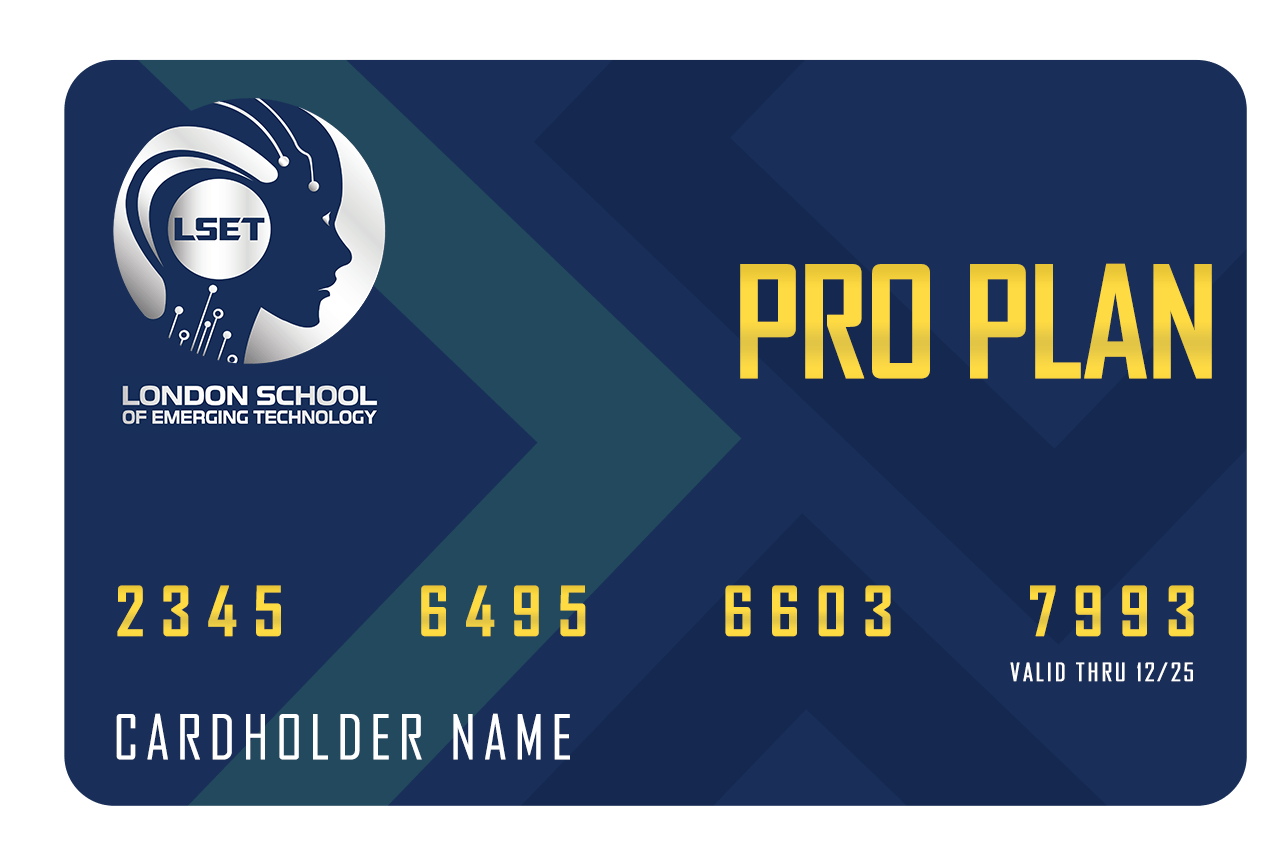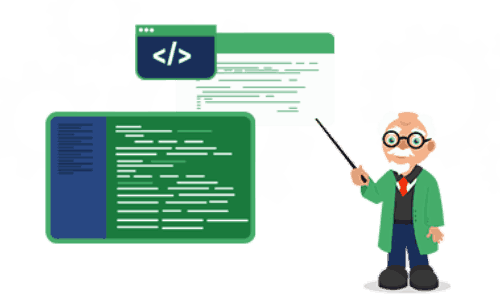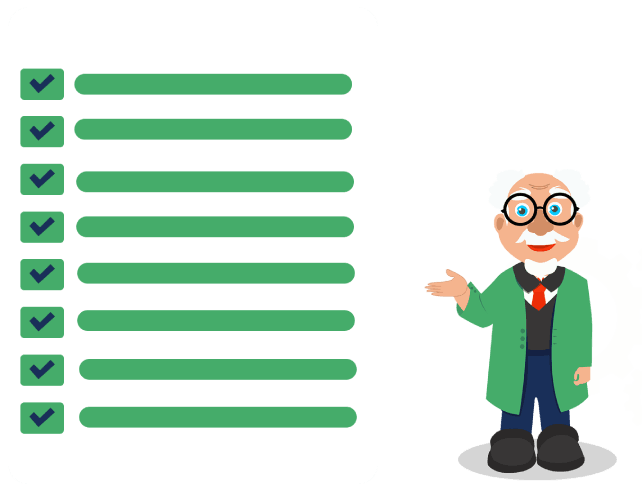This Data Engineer with AI course offers a comprehensive journey through the modern data engineering ecosystem while integrating the power of artificial intelligence. Students will gain practical experience in building scalable data pipelines, managing big data systems, and developing intelligent data solutions using cloud services and AI frameworks.
Throughout the course, learners will work with modern tools like Apache Spark, Kafka, Azure Data Factory, AWS Glue, BigQuery, and AI frameworks such as MLflow, Vertex AI, and LLMOps tools. You’ll be trained to handle massive volumes of structured and unstructured data, ensure real-time processing, and apply machine learning to enable data-driven decision-making at scale.
LSET’s expert trainers, with industry-rich experience, provide one-to-one mentorship and career guidance. You’ll be building real-world projects, such as real-time fraud detection systems and GenAI-powered recommendation engines using multi-cloud environments (AWS, Azure, GCP). This course equips aspiring data professionals and engineers with the technical depth and project confidence needed to succeed in today’s competitive data landscape.
We’ve collaborated with leading IT companies to continuously upgrade our curriculum in line with industry demand, ensuring you graduate with in-demand skills and hands-on experience.
Technologies Covered
Apache Spark An open-source distributed computing engine used for large-scale data processing and real-time analytics. Essential for ETL, machine learning, and streaming workloads.
Apache Kafka A powerful event-streaming platform used to build real-time data pipelines and streaming applications that respond to high-throughput data sources.
Airflow A workflow orchestration tool that allows scheduling and monitoring of complex data pipelines with a clear visual interface.
dbt (Data Build Tool) A transformation tool that enables analysts and engineers to transform data in the warehouse using version-controlled SQL.
Snowflake A cloud-based data warehouse solution known for scalability, performance, and ease of use across various data workloads.
Google BigQuery A serverless, highly scalable, and cost-effective multi-cloud data warehouse designed for large-scale data analytics.
Azure Data Factory A cloud-based ETL service that allows you to create data-driven workflows for orchestrating and automating data movement and transformation.
AWS Glue A fully managed ETL service that makes it easy to prepare and transform data for analytics, machine learning, and application development.
Vertex AI (GCP) An integrated AI platform that helps deploy and manage machine learning models at scale, including support for LLMOps and AutoML.
MLflow An open-source platform for managing the machine learning lifecycle, including experimentation, reproducibility, and deployment.
Great Expectations A tool for data validation, documentation, and profiling that helps ensure data quality across pipelines.
Feast (Feature Store) An open-source feature store for machine learning that enables the storage, retrieval, and serving of ML features consistently.
Docker & Kubernetes Essential tools for containerisation and orchestration, allowing scalable deployment of data applications and ML models across environments.
GitHub & GitLab CI Popular version control and CI/CD platforms that help in automating data pipeline deployments and collaborative development.
Terraform An infrastructure-as-code tool used to provision and manage cloud resources for data platforms and AI workflows efficiently.
Microsoft Fabric A unified SaaS platform that combines data engineering, data science, and analytics workloads in one place.




 Premium Career-Ready Track
Premium Career-Ready Track











